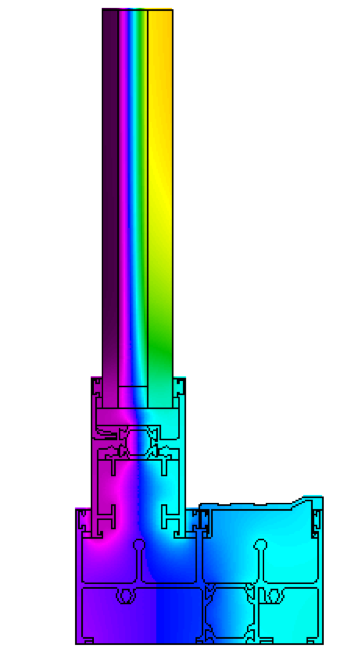The Australian building industry has a problem with the independence of its certifiers, says David Morehouse of AFRC Lab.
All too often window, door and façade suppliers are certifying their own work or engaging companies that have been involved in the design and or performance setting for the building. All this goes against the ethic of not testing your own work, and against umpteen codes of practice in the industry.
Some certifiers are using foreign software to perform the certification, using overseas boundary conditions and formulas or certifying against foreign standards instead of Australian standards leading to very different results.
To combat this problem, AFRC Lab (Advanced Fenestration Research and Certification Lab) – an expert provider of compliance verification services for windows, doors and facades – performs a quick, free-of-charge, assessment of any existing window, door or façade thermal certification report. It is amazing how many problems this can uncover.














